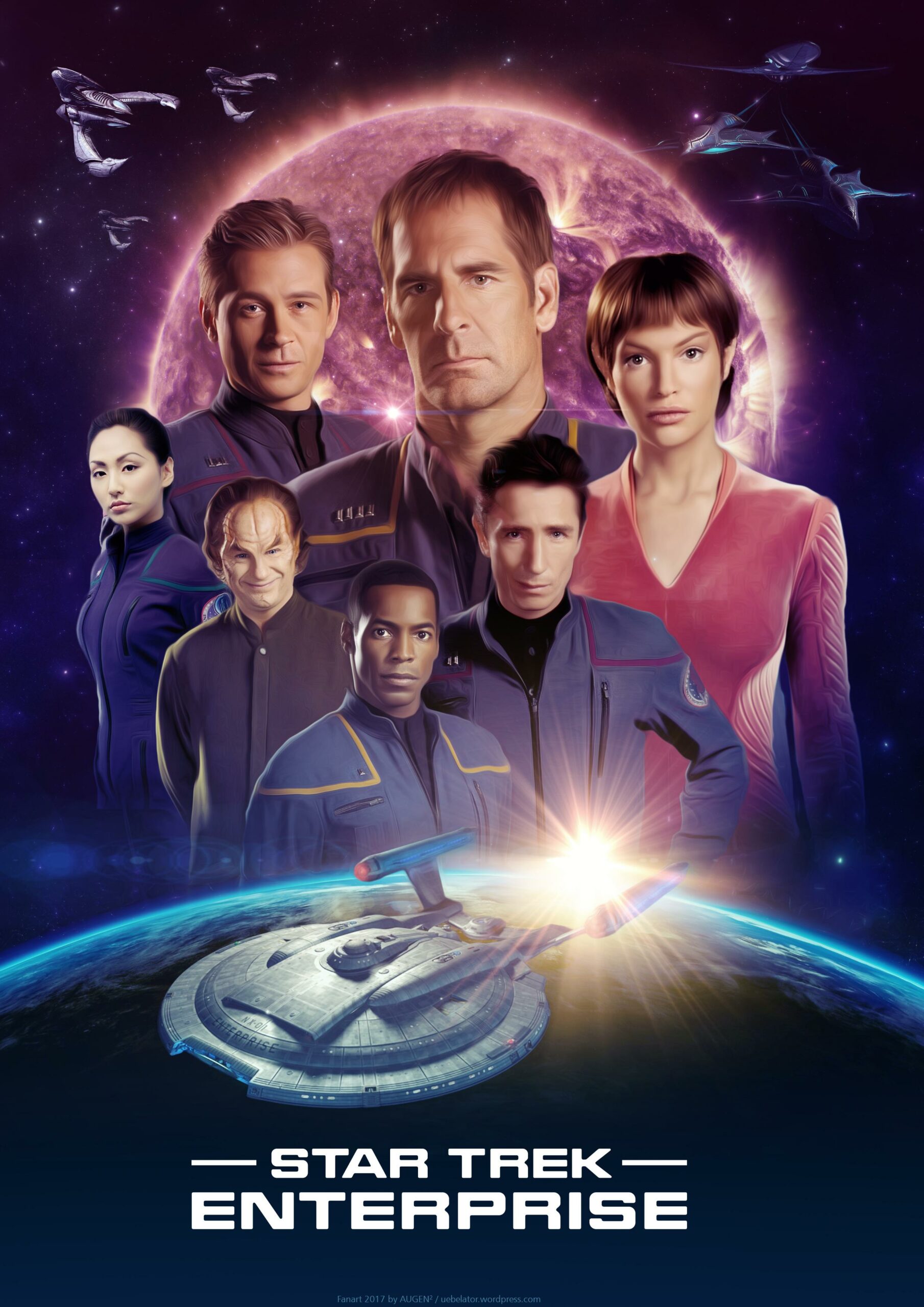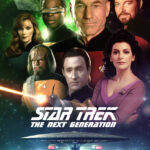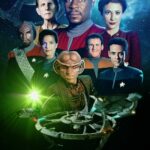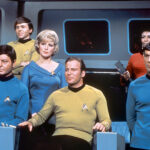Star Trek: Enterprise, originally titled simply “Enterprise,” is a science fiction television series that aired from 2001 to 2005. It serves as a prequel to the original Star Trek series, set about a century before the events of Captain Kirk’s Enterprise.
Enterprise explores the early days of space exploration and the formation of the United Federation of Planets. The series follows the crew of the starship Enterprise (NX-01), led by Captain Jonathan Archer, portrayed by Scott Bakula. Archer and his crew embark on humanity’s first deep space mission, facing new challenges and encountering alien species while laying the foundation for future space exploration.
The show aims to depict a time when space travel was still in its infancy, without the advanced technology and knowledge available in later Star Trek series. This approach allows Enterprise to explore the struggles and mistakes made during this formative period, providing insight into the origins of the values and ideals that define the Star Trek universe.
The crew of the Enterprise includes notable characters such as the logical Vulcan science officer T’Pol, the ambitious chief engineer Charles “Trip” Tucker III, the skilled helmsman Travis Mayweather, and the charismatic doctor Phlox, among others. Together, they face various challenges and conflicts while striving to represent humanity’s potential for growth and exploration.
However, despite its initial enthusiasm and promise, Star Trek: Enterprise faced several challenges that ultimately led to its cancellation after four seasons. One significant factor was the mixed reception from fans and critics. Some viewers had difficulty adjusting to the prequel setting and the series’ departure from the traditional Star Trek formula.
Another factor was the unfortunate timing of the show’s release. Enterprise premiered shortly after the 9/11 terrorist attacks, during a period when the United States and the world were dealing with heightened concerns about security and terrorism. This context influenced the series’ storytelling and led to a more serialized and darker approach, which did not resonate with all viewers.
Furthermore, there were changes in the network landscape and viewer preferences during Enterprise’s run. The show faced stiff competition from other popular series at the time, and the declining ratings made it challenging to justify the high production costs associated with a Star Trek series.
Ultimately, the decision to cancel Star Trek: Enterprise was a combination of declining viewership, financial considerations, and network changes. However, the show still developed a loyal fan base and contributed to the overall Star Trek mythology by filling in the gaps of the franchise’s history.
Despite its cancellation, Star Trek: Enterprise remains an important part of the Star Trek universe, offering a unique perspective on humanity’s early steps into space exploration. It continues to be appreciated by fans for its strong character development, its exploration of moral and ethical questions, and its contribution to the rich tapestry of Star Trek storytelling.

![]()










Leave a Reply